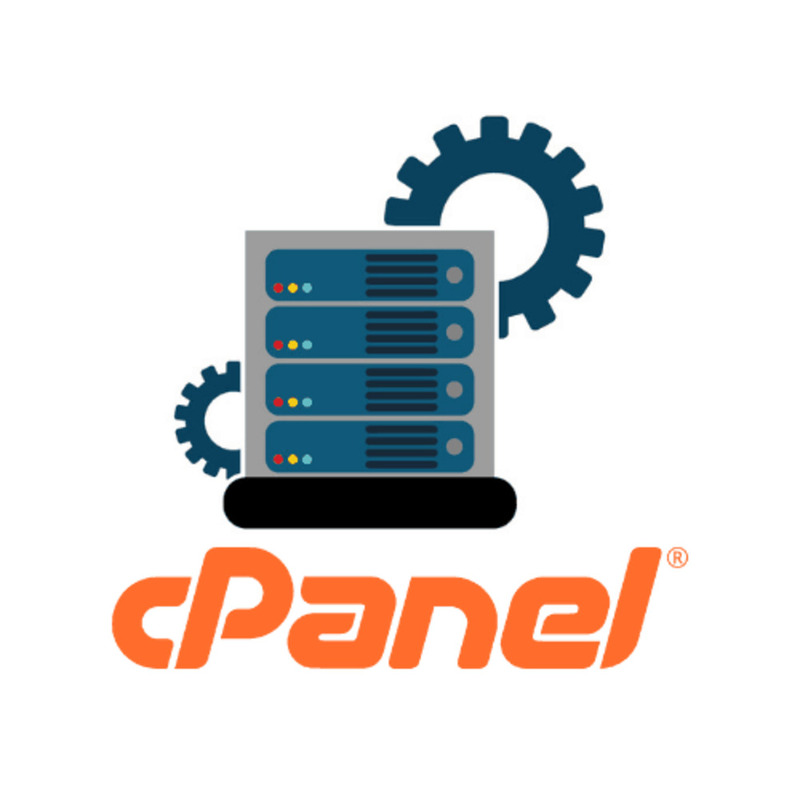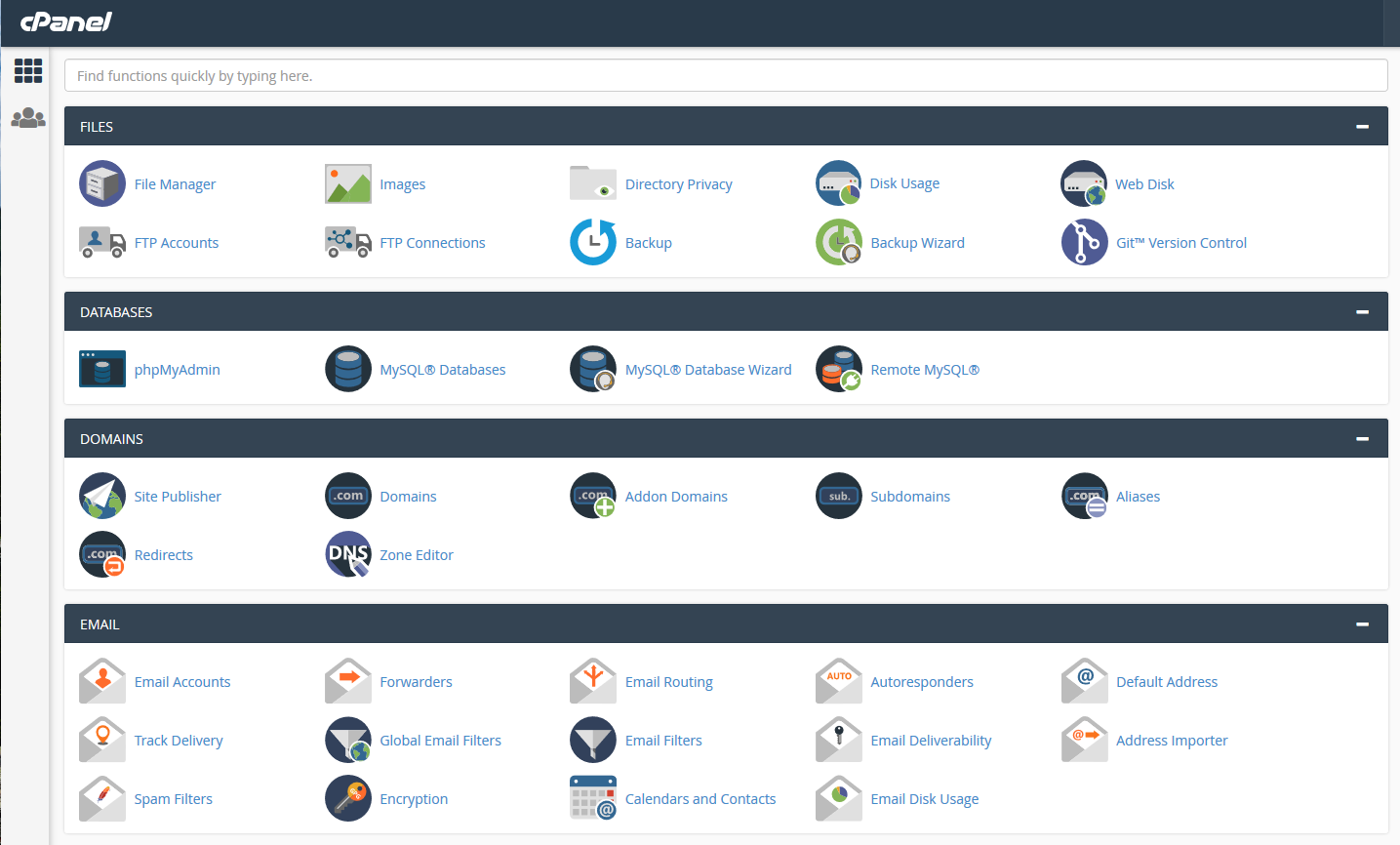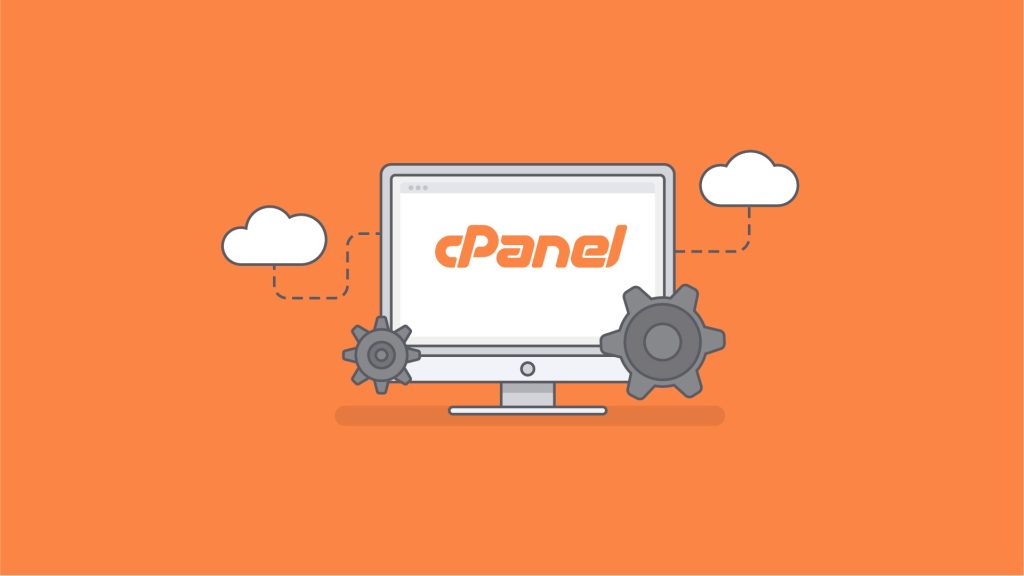
Understanding cPanel Shared Hosting
10 important points that you should pay attention to when buying a cPanel shared hosting! CPanel shared hosting is a popular choice for individuals and small businesses looking to host their websites. With cPanel, users have access to a user-friendly web-based control panel that allows them to manage various aspects of their hosting account. However, when it comes to selecting the right cPanel shared hosting provider, there are several important factors to consider. In this article, we will discuss 10 key points that you should pay attention to when buying cPanel shared hosting, helping you make an informed decision.
1. Evaluating Disk Space and Bandwidth Limits
One of the first things to consider when selecting a cPanel shared hosting provider is the amount of disk space and bandwidth they offer. Disk space refers to the amount of storage available for your website files, while bandwidth determines the amount of data that can be transferred to and from your website each month. It is essential to evaluate your website’s needs and choose a hosting plan that provides sufficient disk space and bandwidth to accommodate your website’s growth.

Understanding cPanel Shared Hosting
2. Examining Uptime Guarantees and Server Reliability
Uptime guarantees and server reliability are crucial factors to consider when choosing a cPanel shared hosting provider. Uptime refers to the amount of time your website is accessible to visitors, and a higher uptime percentage is always desirable. Look for hosting providers that offer uptime guarantees of 99.9% or higher and have a reputation for reliable server performance. Downtime can result in lost revenue and a negative user experience, so it’s important to choose a host that takes server reliability seriously.
3. Assessing the Number of Addon Domains Allowed
Addon domains allow you to host multiple websites under a single hosting account. If you plan to run multiple websites, it is essential to check the number of addon domains allowed by your cPanel shared hosting provider. Some providers may limit the number of addon domains, while others offer unlimited addon domains. Ensure that the hosting plan you choose aligns with your future expansion plans and allows you to add additional websites without incurring extra costs.
4. Analyzing Email Features and Spam Protection
Email is a critical aspect of any website, and it’s important to evaluate the email features provided by your cPanel shared hosting provider. Look for features such as email forwarding, autoresponders, and webmail access. Additionally, consider the spam protection measures implemented by the hosting provider. Effective spam protection can help prevent your inbox from being flooded with unwanted emails, ensuring a smoother email communication experience.
5. Understanding Database Support and Limitations
If your website requires a database, it is crucial to assess the database support provided by your cPanel shared hosting provider. The most widely used database system is MySQL, and it is essential to ensure that your hosting plan supports the required version of MySQL. Additionally, check the number of databases allowed and any limitations imposed by the hosting provider. This will ensure that your website’s database needs are adequately met.
6. Reviewing Security Measures and SSL Certificates
Security is of utmost importance when selecting a cPanel shared hosting provider. Look for hosting providers that offer robust security measures such as firewalls, malware scanning, and DDoS protection. Additionally, consider if the hosting provider offers free SSL certificates. SSL certificates encrypt the data transmitted between a website and its visitors, enhancing security and building trust. SSL certificates are particularly important if your website collects sensitive information, such as credit card details.
7. Considering Backup and Restore Options
Data loss can be catastrophic for any website, so it is crucial to evaluate the backup and restore options provided by your cPanel shared hosting provider. Look for hosting providers that offer regular backups of your website files and databases. Additionally, check if the hosting provider offers an easy-to-use restore feature, allowing you to quickly recover your website in case of any unforeseen issues. Regular backups and easy restore options can save you from the potential loss of valuable data.
8. Investigating Technical Support Availability
Technical support is vital when it comes to web hosting, especially if you are new to managing websites. Evaluate the technical support options provided by your cPanel shared hosting provider. Look for hosting providers that offer 24/7 support via multiple channels such as live chat, phone, and email. Prompt and knowledgeable technical support can help resolve any issues you may face with your hosting account, ensuring a smooth running website.
9. Comparing Pricing Plans and Renewal Costs
Price is a significant consideration when choosing a cPanel shared hosting provider. Compare the pricing plans offered by different providers and consider the value they offer in relation to the features provided. Additionally, pay attention to renewal costs, as some hosting providers may offer lower introductory rates but significantly higher renewal fees. It’s important to understand the long-term cost implications and choose a hosting plan that fits within your budget.
10. Researching Customer Reviews and Reputation
Before making a final decision, it is crucial to research customer reviews and the reputation of the hosting provider. Look for unbiased reviews from reliable sources to gauge the experiences of other users. Pay attention to feedback related to uptime, support quality, and overall customer satisfaction. A hosting provider with a positive reputation and satisfied customers is more likely to provide a reliable and satisfactory hosting experience.
Making an Informed Decision
Selecting the right cPanel shared hosting provider is an important decision that can greatly impact your website’s performance and user experience. By paying attention to factors such as disk space and bandwidth limits, uptime guarantees, addon domains, email features, database support, security measures, backup options, technical support availability, pricing plans, and customer reviews, you can make an informed decision. Take the time to thoroughly research and compare different hosting providers, ensuring that you choose the one that best aligns with your website’s needs and your budget. Remember, a well-chosen cPanel shared hosting provider can contribute to the success of your online presence.

buying a cPanel shared hosting
Additional Tips for an Optimal cPanel Shared Hosting Experience
To further enhance your cPanel shared hosting experience, consider implementing the following tips:
- Regularly update your website’s software and plugins to ensure optimal security and performance.
- Take advantage of caching plugins or content delivery networks (CDNs) to improve website speed.
- Optimize your website’s images and files to reduce load times.
- Implement a content delivery network (CDN) to improve website performance for global audiences.
- Utilize website analytics tools to gain insights into visitor behavior and enhance your website accordingly.
- Secure your cPanel account with a strong password and enable two-factor authentication for an additional layer of security.
- Regularly monitor and clean up your website’s databases to optimize performance.
- Keep an eye on your website’s traffic and consider upgrading your hosting plan if you experience significant growth.
- Stay informed about the latest security best practices and apply them to your website to protect it from potential threats.
- Engage in regular website backups and store them in a secure location to ensure quick recovery in case of any unforeseen events.
